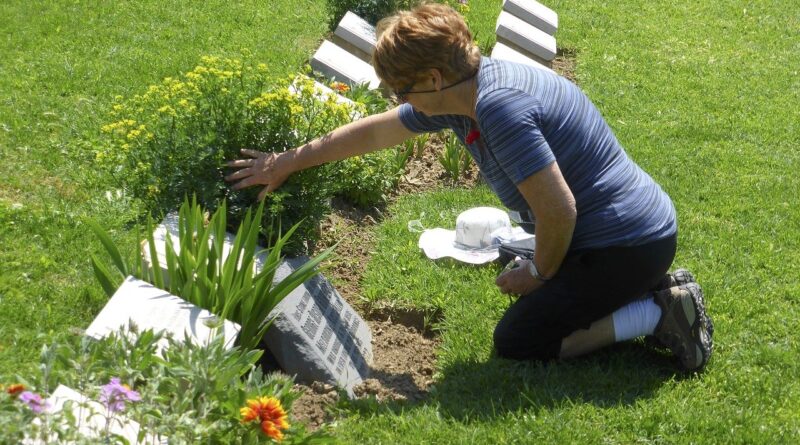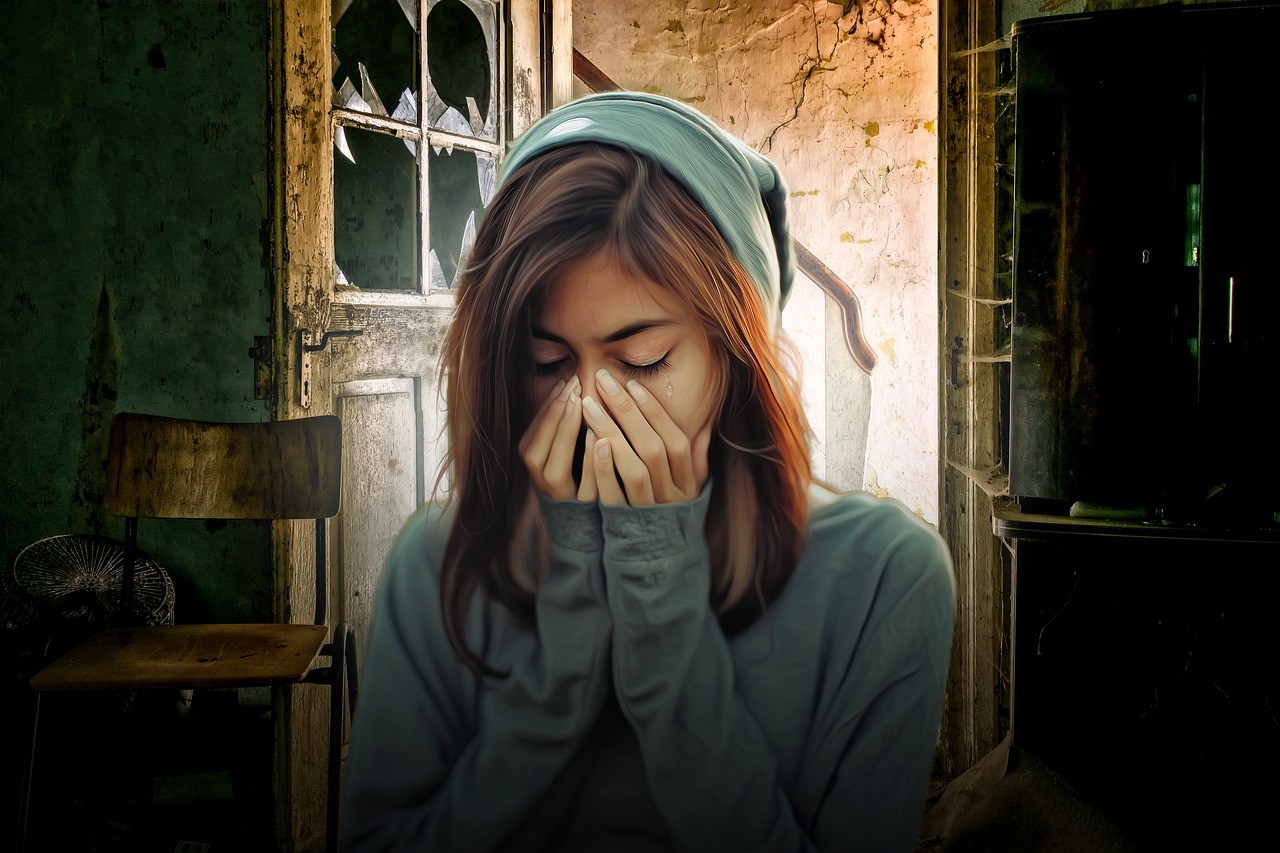Eight Reasons Why the Death of an Elderly Loved One is Difficult
Original Article published by whatsyourgrief.com
1. People minimize your loss
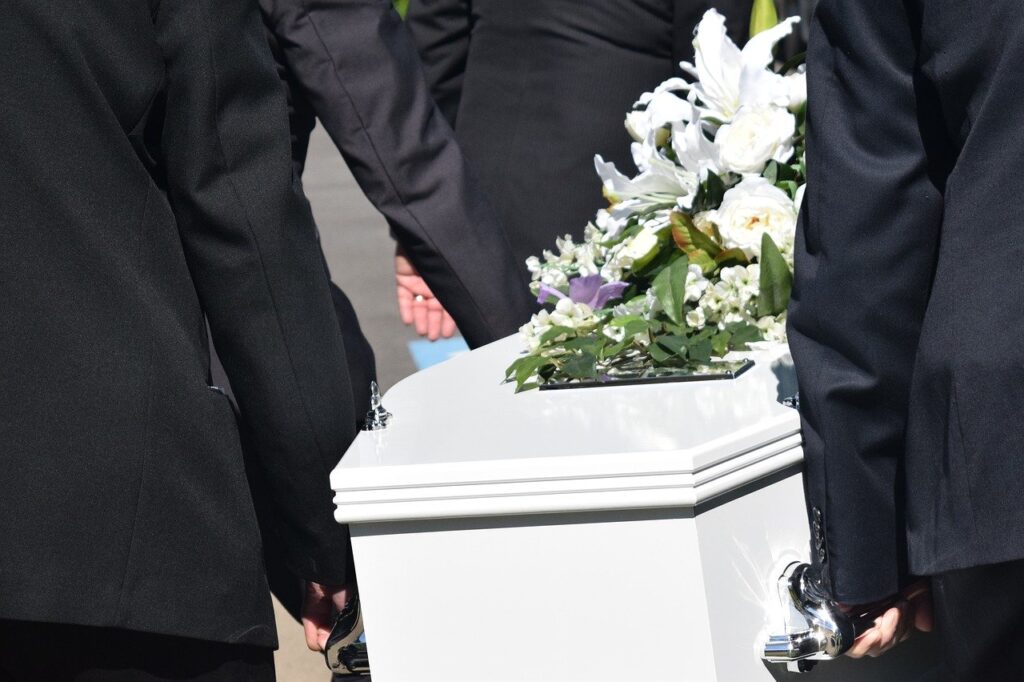
People often minimize grief experienced after the death of an older loved one with comments and attitudes like: “At least he lived a good long life.” “Don’t be sad; you had 80 good years with her.” “It’s the natural order of things.” “It was her time.” Please know that although a person may feel gratitude for the years of memories they had with their loved one, they may also feel a million other painful emotions. Also, death may be “natural” at the end of life, but for a great many people, it is not desirable. And even if someone finds peace and acceptance in the natural order of things, they may still miss their loved one like crazy.
2. The person who died had always been there for you
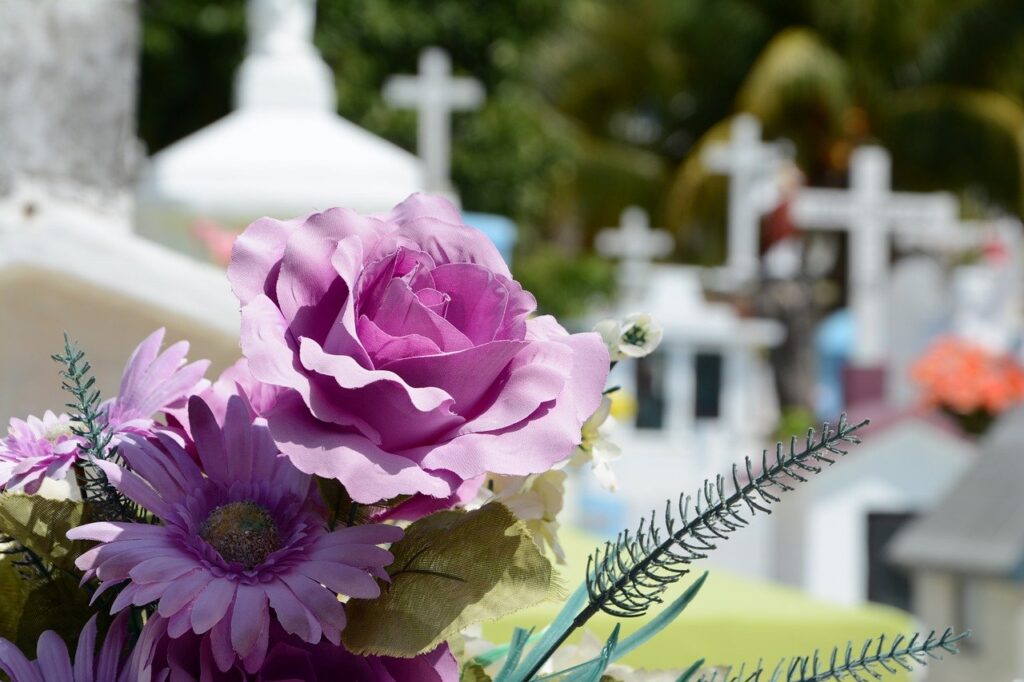
Whether the person who died was a parent, grandparent, friend, or partner – there’s a good chance you’ve known them for a long time. Whether they were a part of your day-to-day life, or you kept in touch with them from a distance, they were always there. Now, you have to learn to live without them for the first time in a long time.
3. They were your mom or dad.
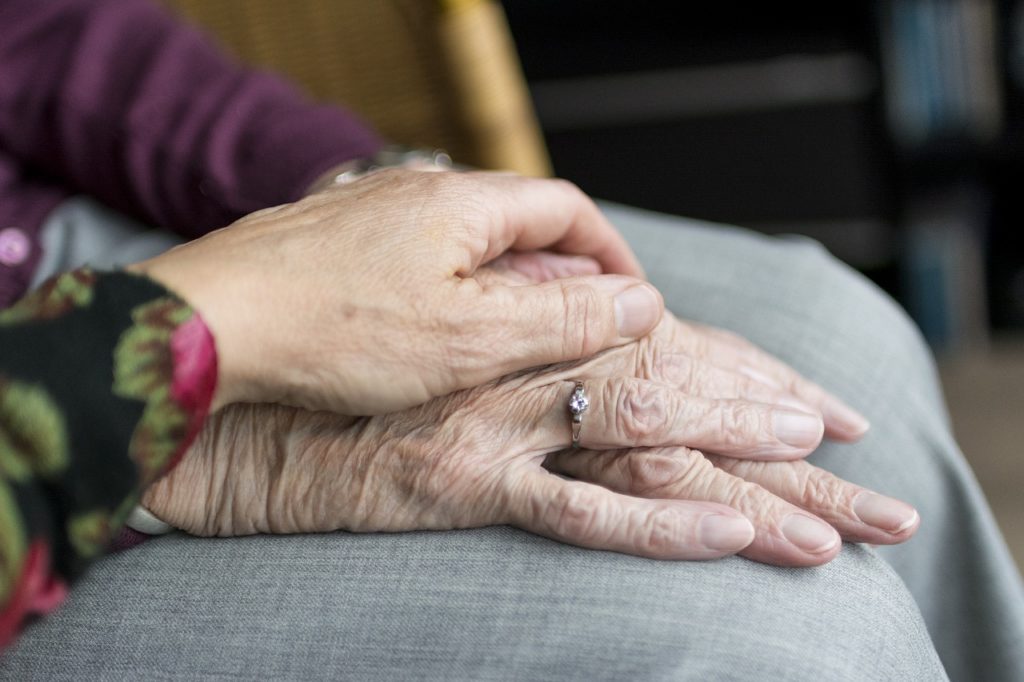
I don’t care how old you are; it can be devastating to lose a parent. If they were your only parent, you might grapple with what it feels like to be an orphan. In addition to your grief, you may also worry about their grieving grandchildren. Or, if you still have another living parent, you may worry about their welfare now that they’re alone.
4. They were your partner and your best friend.
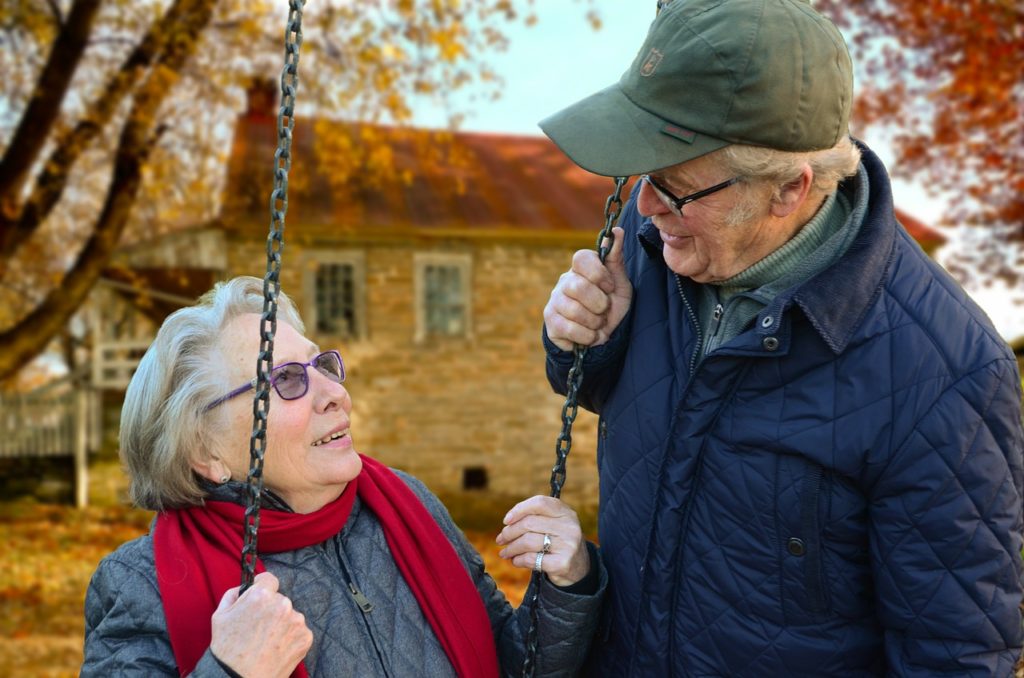
Perhaps the person who died was your partner or spouse, and, for the first time in a long time, your facing life without them.
5. You’re the same age, dealing with many losses
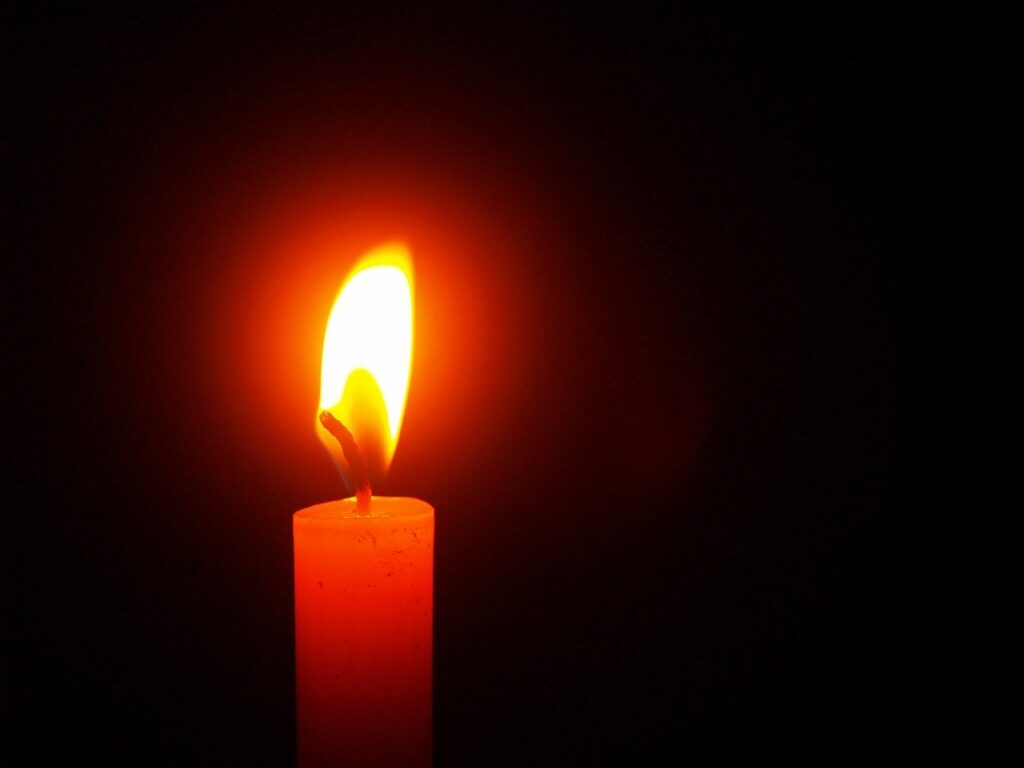
It’s logical to expect the number of losses one experiences to increase as they grow older. When a person experiences multiple losses in a certain period, they may experience cumulative grief.
6. Your loved one’s physical or mental health may have diminished over time

It may be the case that as your loved one aged, they experienced upsetting physical or mental changes. It’s hard to see someone you love struggle with things like the loss of vitality, independence, memory, cognitive ability, etc. While also juggling things like caregiving stress, grieving the loss of the person they used to be, and anticipatory grief for what’s to come.
7. They may have been the glue that held everyone together
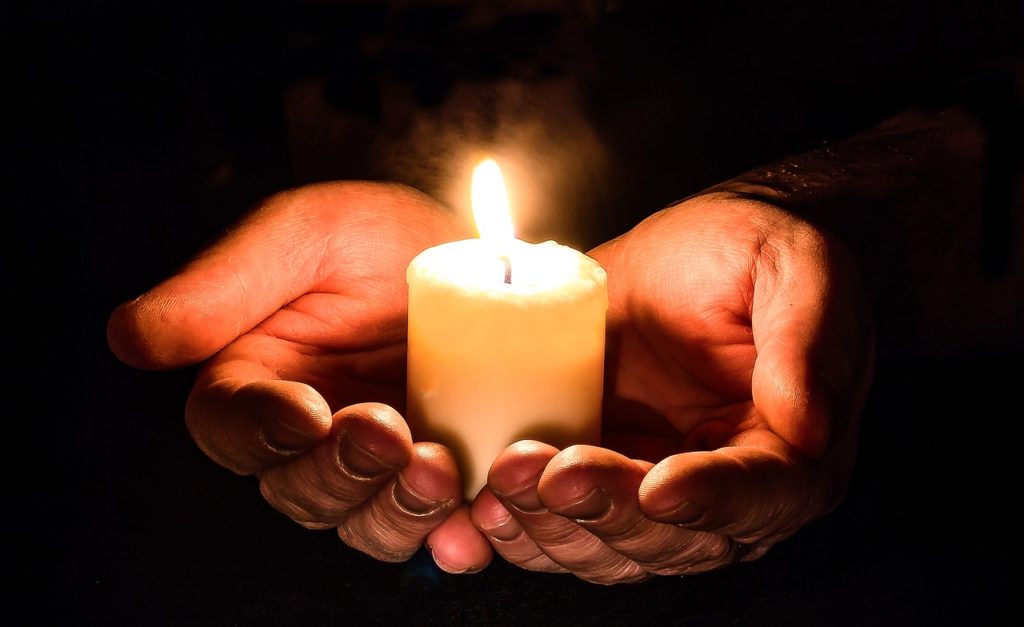
Older family members often fill the role of connecting people within the family (aunts, uncles, grandparents, etc.). They may host all the family gatherings, or they’re the person who keeps in touch with everyone and always knows the latest. Older family members also often serve as a connection between generations. They link past to present, share stories, and keep memories. So when they die, it can feel like a wealth of history and tradition has disappeared along with them.
8. You just really love and miss them

The bottom line is, the person who died was your family member or friend. They were a unique individual who filled a spot in your life that no one can replace. It’s irrelevant whether they were 25 or 85, they were a special person who you will always love – end of story.

